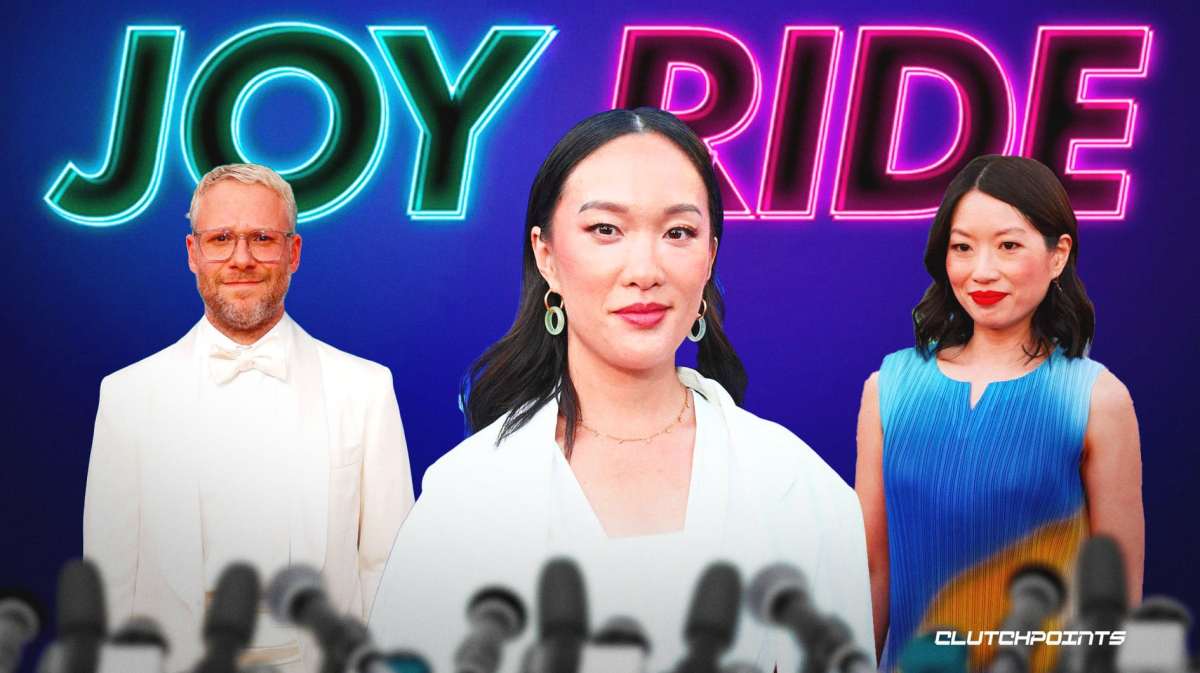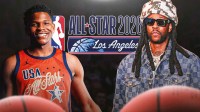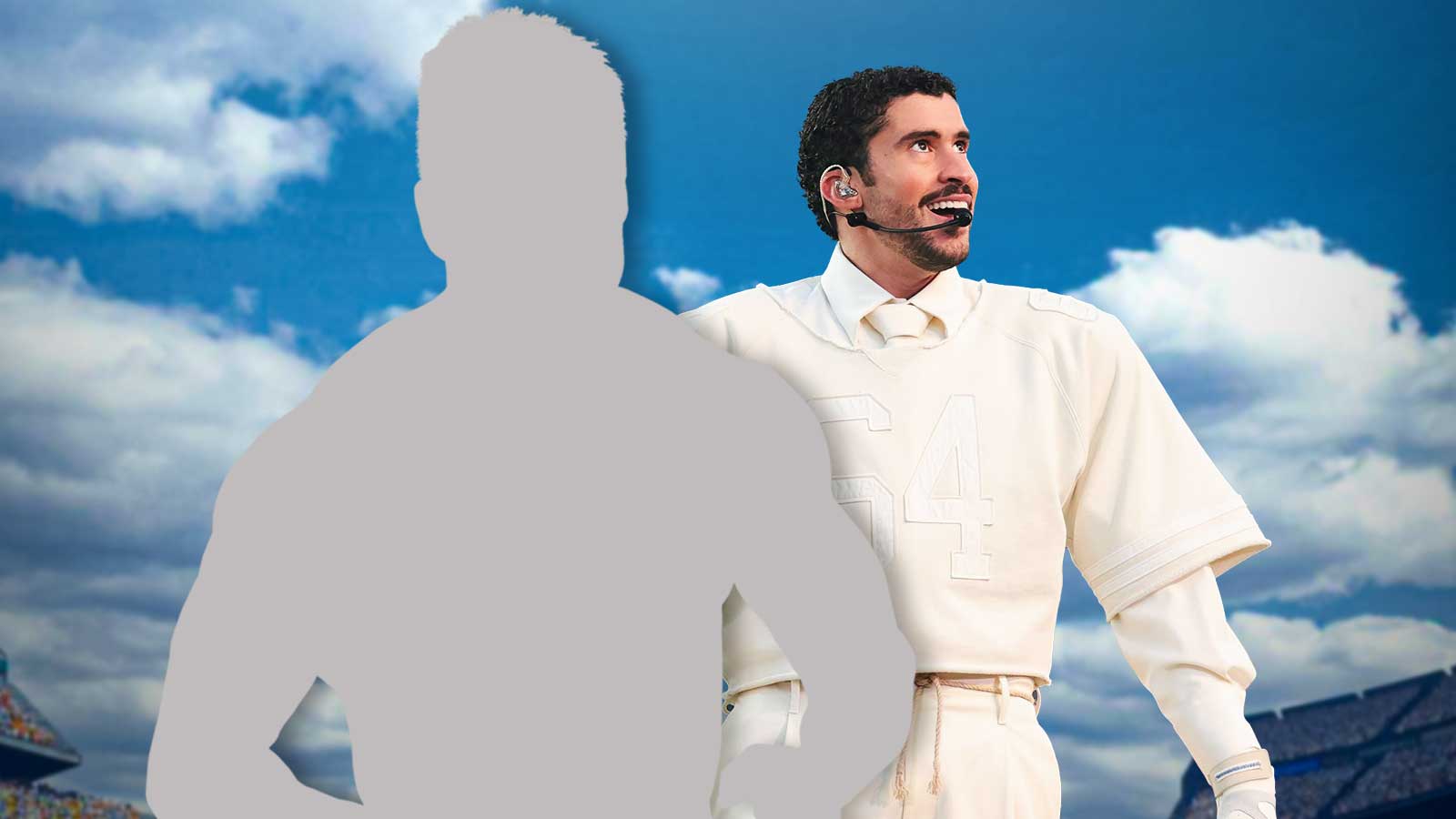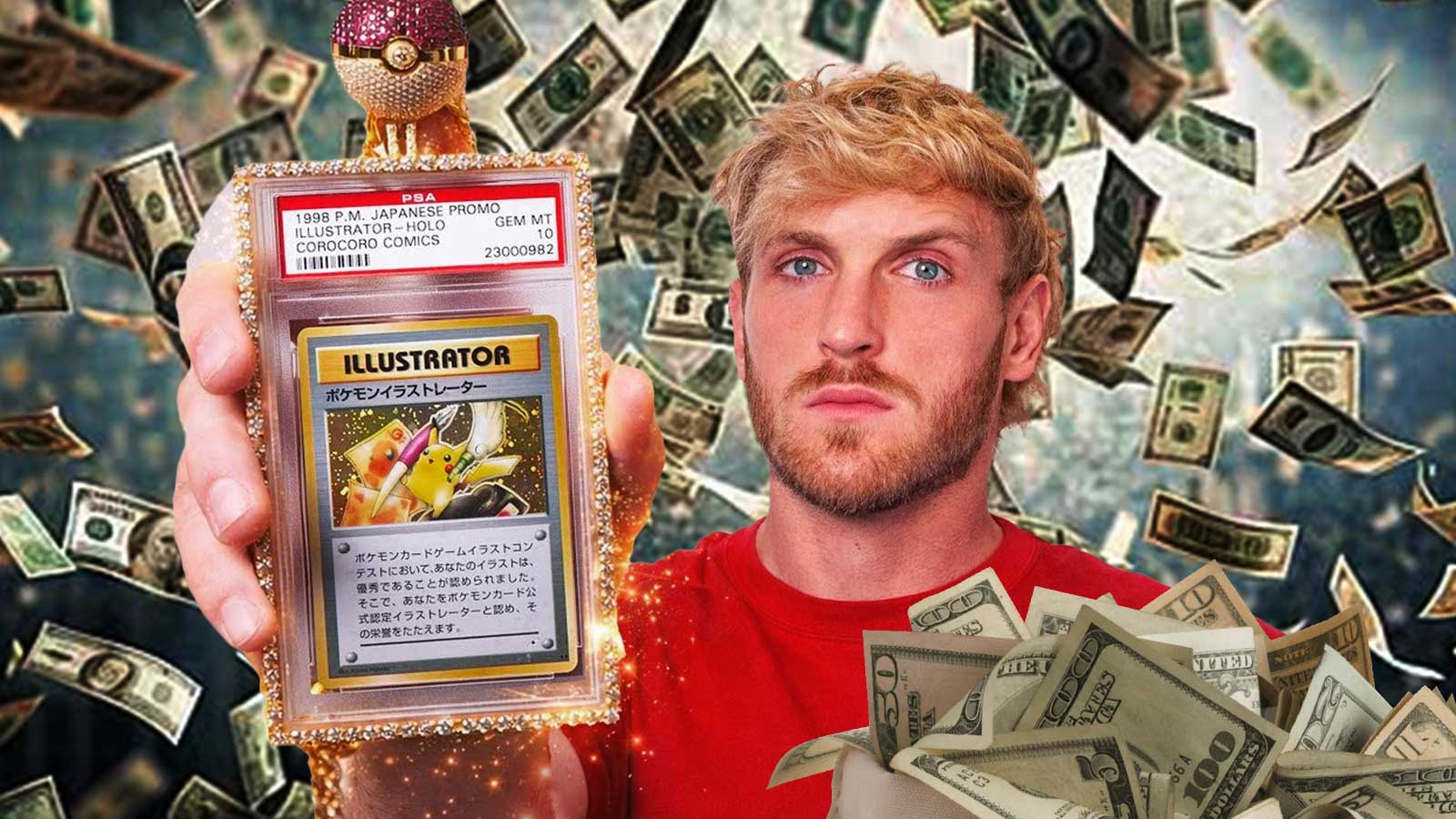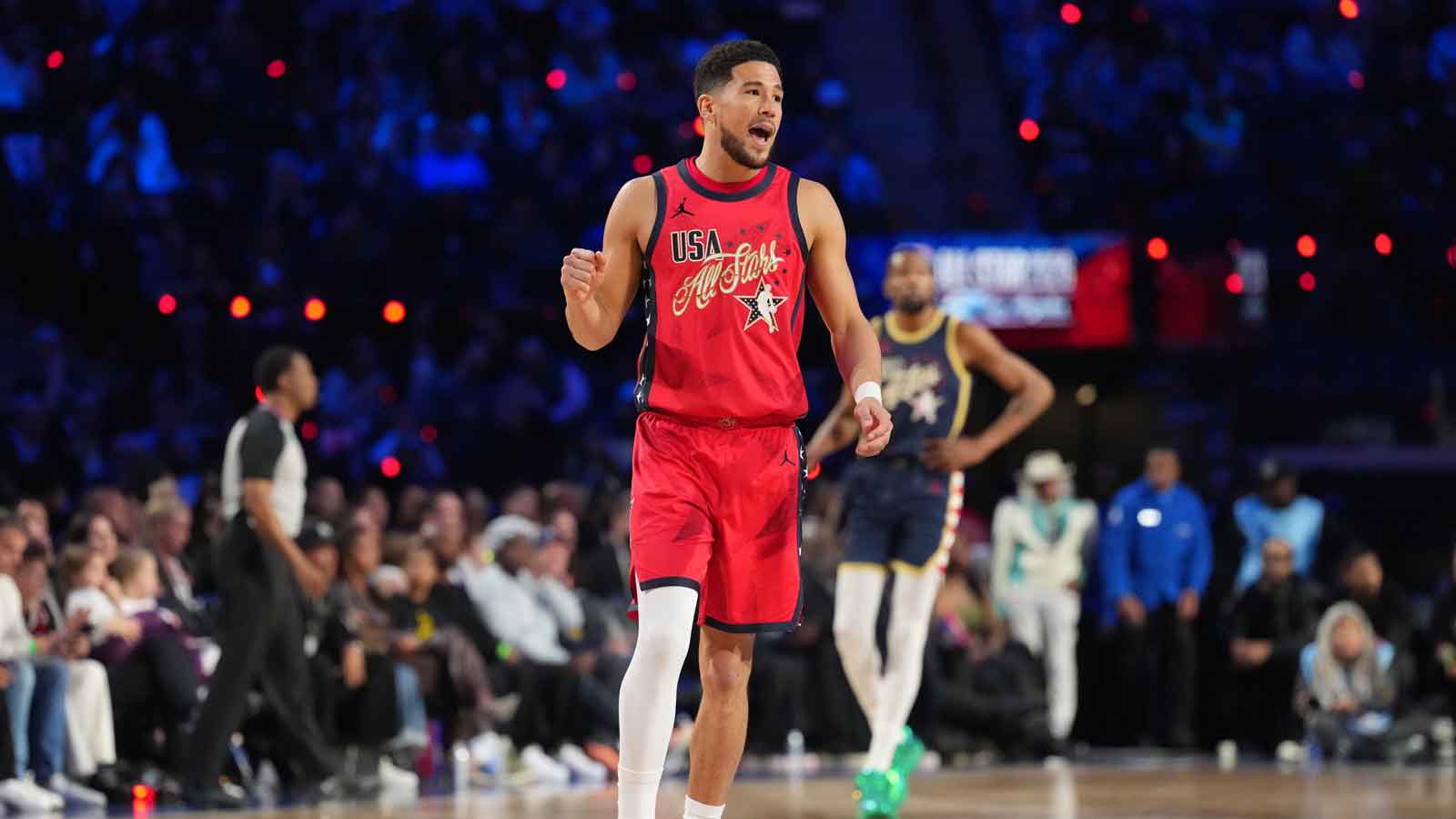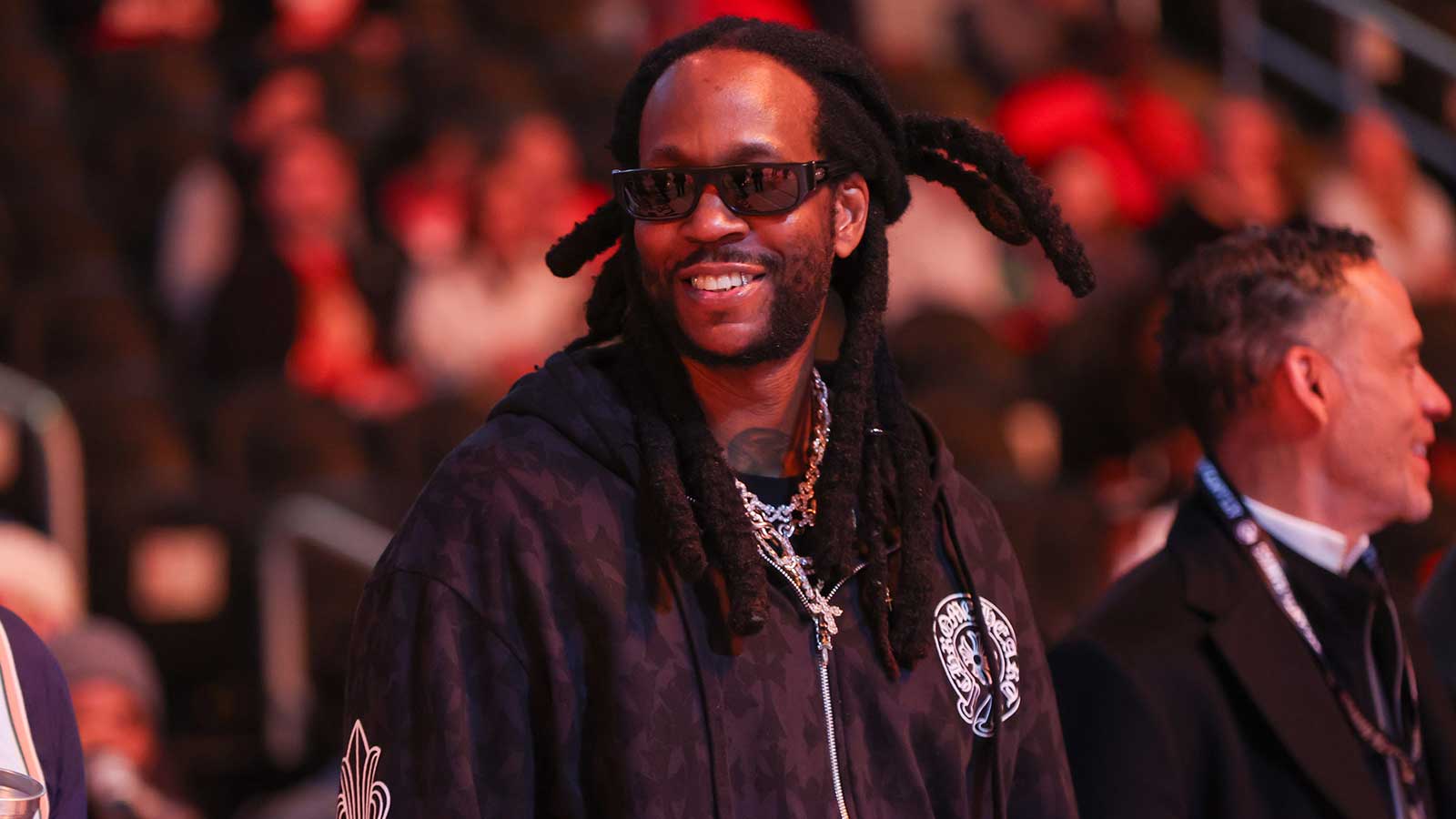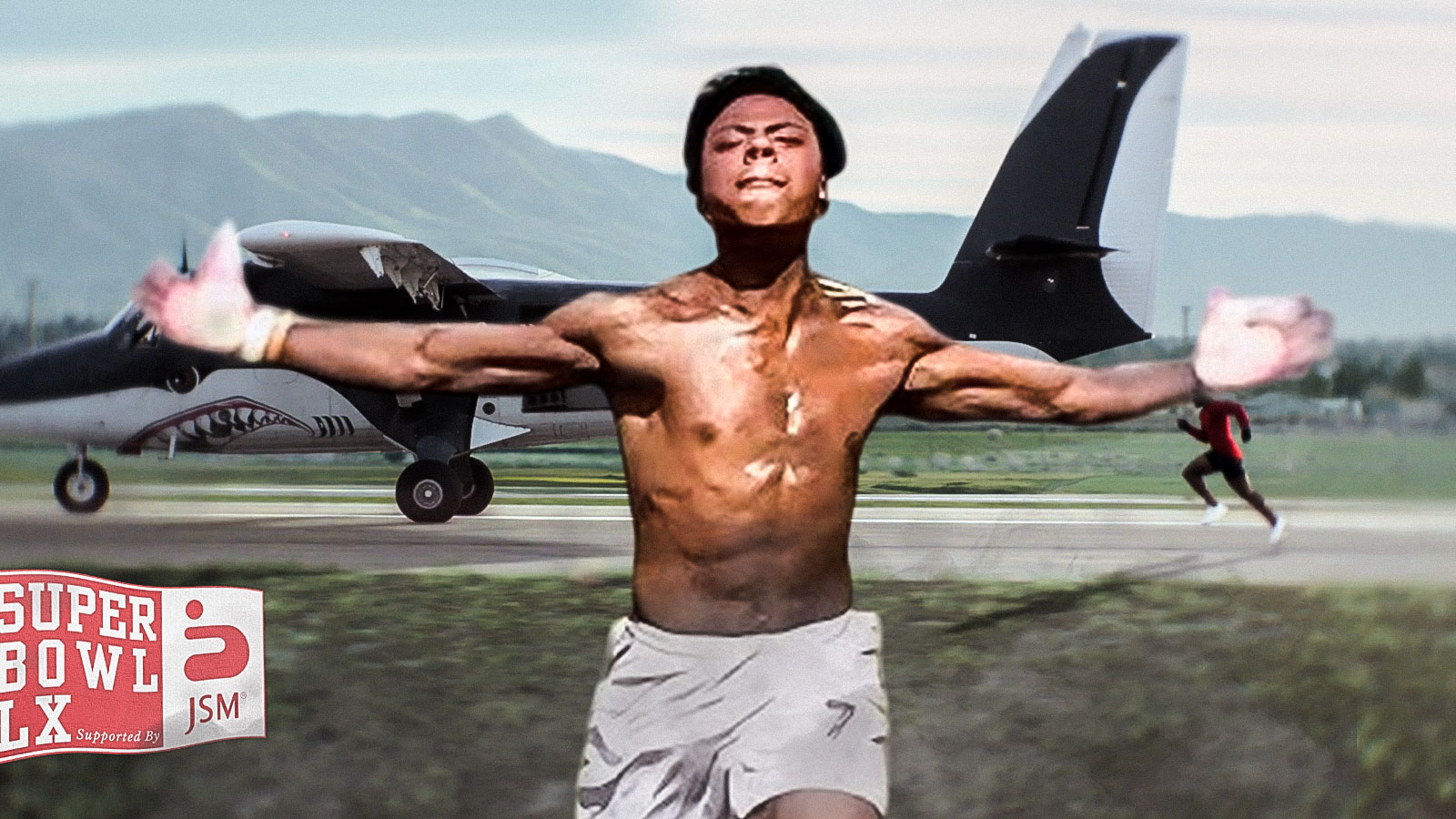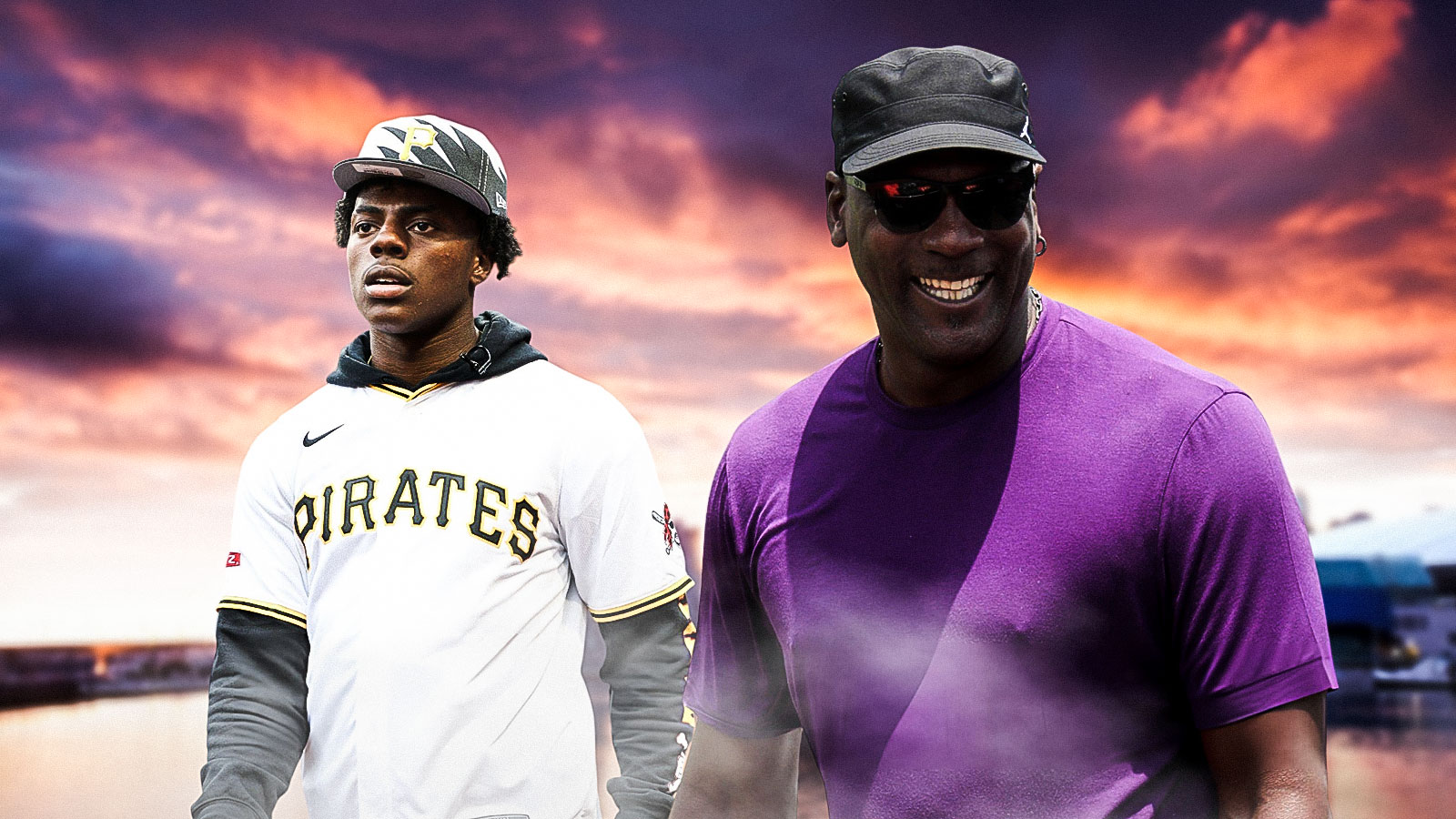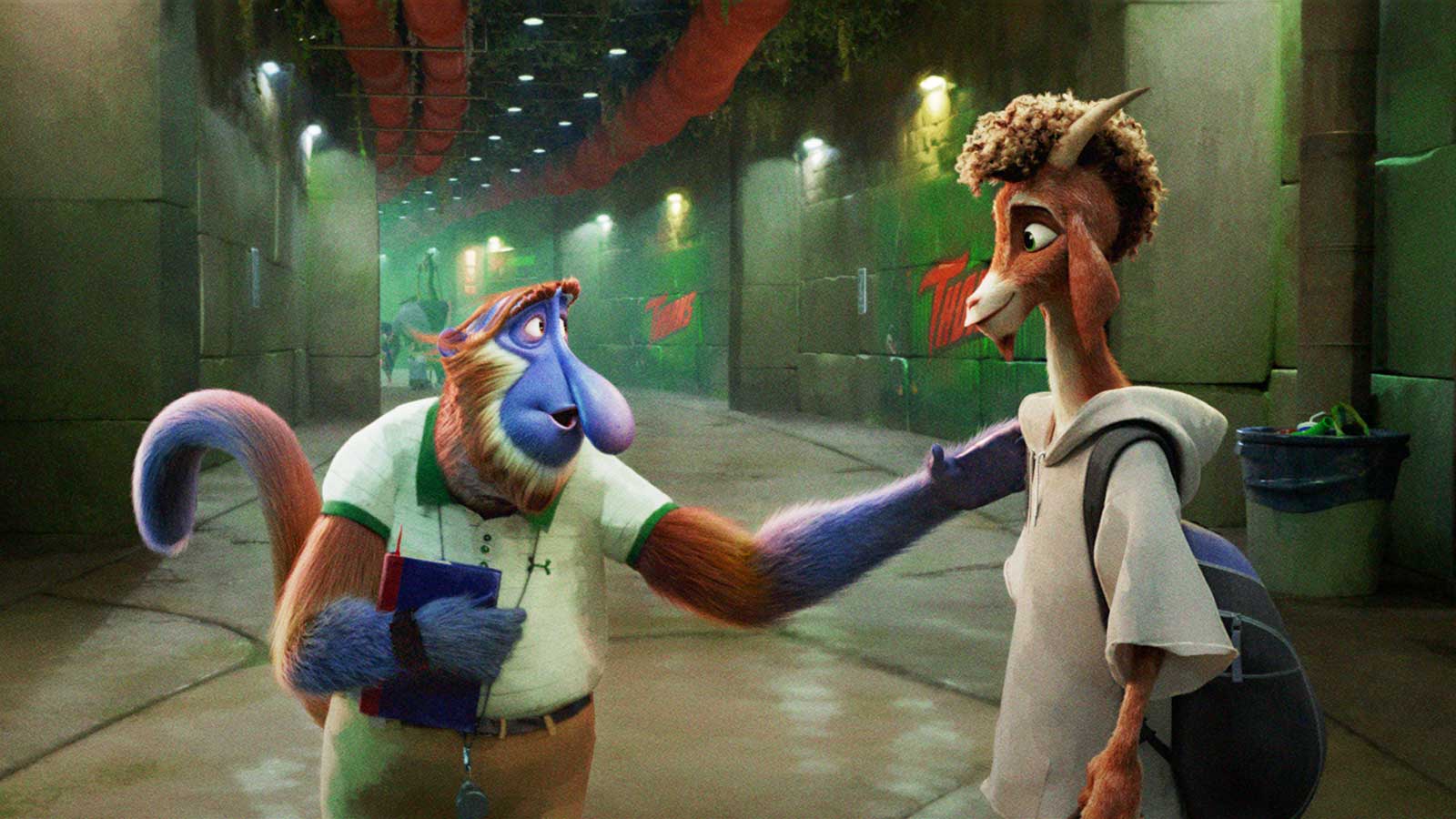The past couple of years have been filled with very relatable movies for Asian Americans like myself. The first notable one was Minari, which told the story of a Korean-American family moving to the South to begin a new life. Then last year, as a Korean-American adoptee, two films really hit close to home — Broker and Return to Seoul. Those two films would make for a great double feature as they show both sides of adoption (the adoptee and the birth parent), but a third film could be added to that marathon: Joy Ride.
Joy Ride is certainly a more comedic film than any of the ones mentioned above, but it still balances the poignancy of the adoption story with its raunchy humor. Credit where credit is due, the team of Cherry Chavepravatdumrong and Teresa Hsiao — who have worked the likes of The Office, Family Guy, and Awkwafina is Nora from Queens — wrote an amazing screenplay that channels the spirit of the likes of Superbad (Seth Rogen and Evan Goldberg produce the film along with Chavepravatdumrong and Hsiao) with the femininity of Booksmart.
ClutchPoints had the chance to speak with Chavepravatdumrong and Hsiao ahead of Joy Ride's release. It's clear that the duo are close, and that chemistry resulted in not only a great film like Joy Ride but a great interview as well. They're also very funny, as their screenplay also suggests. In this interview, the duo discusses Joy Ride's overarching theme of identity, working with Seth Rogen and Evan Goldberg, and they fail to compliment each other before ending the interview.
Joy Ride writers Cherry Chavepravatdumrong and Teresa Hsiao interview
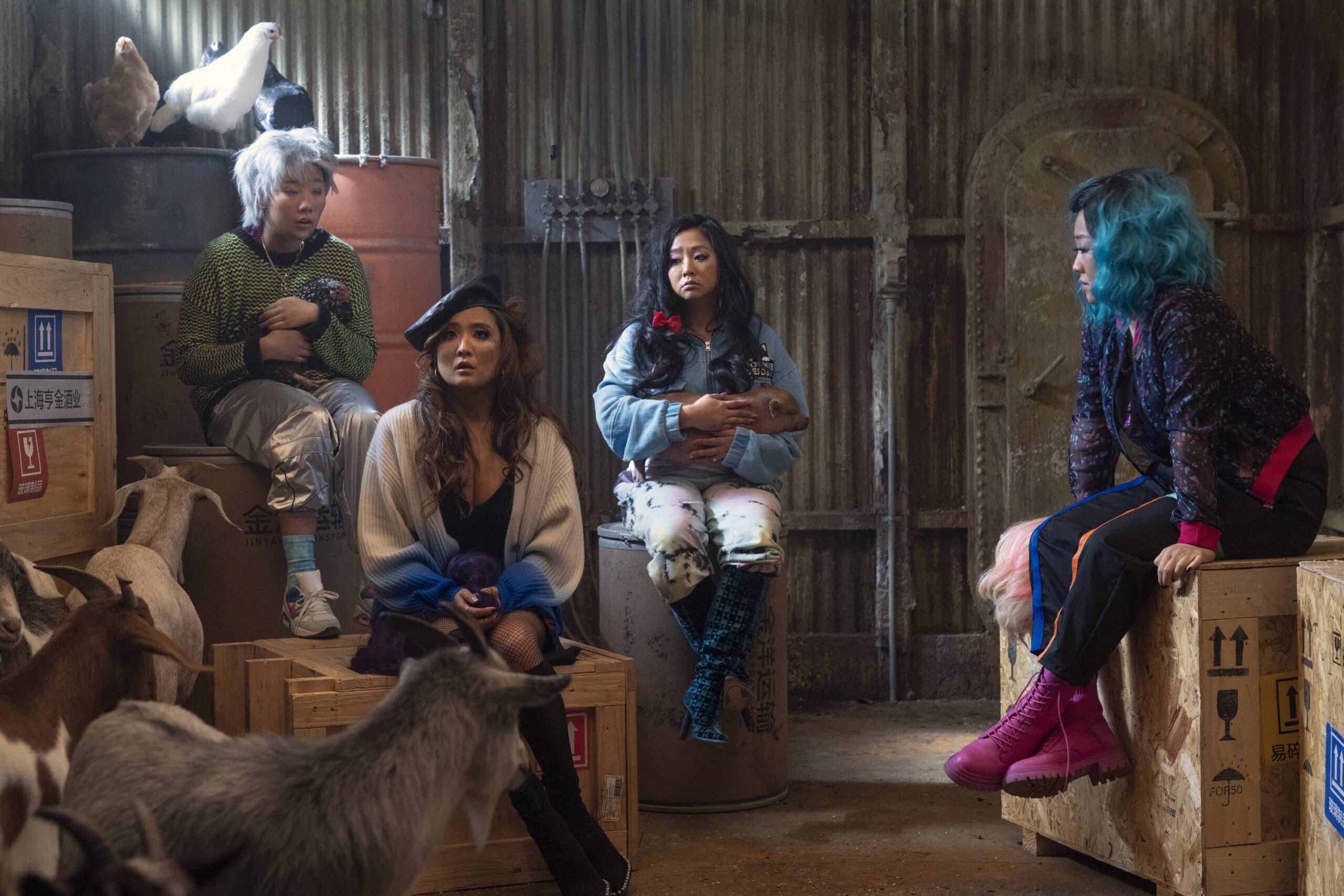
ClutchPoints: Congratulations on Joy Ride — I really did love the movie. I know we have to say that, but I really did love the film.
Cherry Chavepravatdumrong: Thank you — [you're] tot lying [smiles]. We'll take it!
Teresa Hsiao: Are you at a Borders right now?
CP: I wish! One of my favorite things about Joy Ride is the adoption story. I'm actually a Korean-American adoptee, so this film really did resonate a lot, even if it's more of a comedic film than some of the other ones with the same subject matter. I don't know if this is too personal of a question, but I didn't know if this story was personal to either of you guys or maybe both of you guys — so could you guys talk about kind of the origins of this story?
CC: Neither of us is adopted, but we definitely have friends who are adopted. And since we definitely wanted the movie to be something about identity, that seemed like a good jumping-off point while also making it extremely dramatic as you saw later on in the movie. So that was sort of our way in.
TH: Yeah. And I think we sort of decided that this was gonna be an adoptee story and sort of talking to our friends who have been adopted, we obviously wanted to do it with a lot of care and [self-aware] sense of that's not our experience, but a lot of times writers do write about things that [are] not exactly their experience.
In terms of wanting to make sure it's a story at the end of the day about identity and about belonging — that's something that us as Asian-Americans growing up in America also felt. You know, we grew up in towns that had a lot of people who didn't look like us and we sort of felt a real need to kind of assimilate in the beginning and like “fit in” with the community and at some point that there was like a little bit less pride that we do have now — [we're] really proud to be Asian! — and so that was definitely a journey in terms of Audrey's (Ashley Park) character that kind of mirrored our own a little bit as well.
CP: Well, thank you for that answer. I do appreciate that. A lot of the things you said there resonated with me as well. You know, I grew up in a suburban area where maybe one of five Asians—
Both: Yup!
CP: You did just talk about identity, and all four of your main characters have their own struggle with identity, right? You have somebody who maybe isn't comfortable with theirs (Deadeye), one who's posing at something other than what they are (Kat), somebody's running from it (Audrey), and somebody that's kind of okay with their identity but still isn't flawless (Lolo). I was curious if you could kind of break down those sorts of archetypes cause you were just talking about it and kind of how they still intersect. Because despite their differences, each of them connects on some level.
CC: [laughs] Here's where we tell you about our chart — this is where we fully “Audrey-ed out” while writing the script. We literally had something where we had all four characters' names on a big square that went across and went down, and we made sure to have each of them have their own arc, but also have an arc where they interacted with every other character. Like we wanted to make sure that every single character had their own journey, but also had a way to affect all the others' journeys as well. So we math'ed the hell out of that in the beginning.
TH: [laughs] We love a spreadsheet.
CC: And then [we] turned it into words.
CP: Do you remember anything specific on the spreadsheet? It does sound interesting to see a whole spreadsheet.
CC: You don't wanna see it, honestly.
TH: It was actually on a whiteboard, so I think it's been erased, unfortunately.
CC: It's messy, but it was helpful! It was honestly helpful to see all of that. And obviously, in a movie, you end up having to cut some things just for runtime or whatever or what becomes important to the entire story, but it was very helpful to have that checkpoint for each character along the way, even while writing, and for the actors as well.
TH: Yeah, I think, I think as to your point in terms of like each character has a journey, part of it, obviously, is an identity journey for each of them, but also there's some that [are] more serious. Obviously, Audrey [finding her] birth mom journey is maybe a little bit more serious than Lolo's, which is a little bit more like fun [and] playful, and so we just wanted every one of our characters to at least go somewhere and have an arc, basically, and so that [the whiteboard] was a helpful thing for us when we were kind of breaking the story and writing it and going through the process of being in editing and just like making sure that people really felt emotionally connected to these characters and that they are different at the very end of the movie than they were at the beginning.
CP: I know you guys are both producers on the film with Seth Rogen and Evan Goldberg, and I was just curious because you guys have done a lot of comedy in your careers, and they've also done a lot of films with very raunchy comedy, but I almost feel like Joy Ride kind of pushed the envelope a little further, but I was curious if there was any collaboration with them at all? Did they have any input or was this all you guys?
CC: Yes, we did it all by ourselves [smiles]. 100%.
Both: [laugh]
CC: No, that's the thing. Honestly, this whole movie was very collaborative with Seth, Evan, other producers, James Weaver and Josh Fagen, our amazing actors improvising, [and] our on-set writers. The production of this movie on-set every day was kind of like just another TV room in that it was very collaborative, it was very group project [-like]. We were all just pitching ideas and jokes every single day, just all striving to get the funniest one. So yeah, they were there. Everybody had their input.
TH: Everyone had their input. I think what was great about it, obviously being producers on the movie, was [that] we were there on set the whole time, we had the script that we were working off of, we were continually revising the script, nights [and] weekends in terms of like, “Oh, what did we shoot today? All right, what are we gonna have to adjust for the next day?” and just having all those other people involved and helpful in the process was [great], and that's kind of how comedy is — you wanna have eight different jokes for this one area because you just don't know what's gonna hit, you don't know what the audience is gonna react to, and so it was very helpful.
And that sort of is the Point Grey [Productions] way as well — and that's something that we've learned from TV writers' rooms before in the past. You just wanna have alts, you wanna have jokes, you have five different jokes for every area, and if it doesn't work out, you swap it out.
CC: So when we started the process of [Joy Ride] and Point Grey basically told us, “Hey, so the way that we work is that we're gonna have writers on set writing jokes and alts and [we'll be] filming a bunch of alts,” [and] we were like, “Oh, yeah, yeah, we know what that is.” We were just like, “Great — we're all literally on the exact same page. We've all done this exactly the same way before.” It was ideal.
CP: One of you did mention that there was a lot of improv, and my favorite line in the film is the Bop It line. So I was curious, was that improv, or was that something you guys wrote?
CC: [smiles] Stephanie [Hsu].
TH: That was Stephanie. No, it was [a] Stephanie and Cherry collab.
CC: Yeah.
TH: I think the greatest thing about being a writer is, obviously there are some writers who are very much like, “You have to stick to exactly what we wrote” and “Don't ever say a comma wrong,” but I think from our experience, what's been really fun is you find an area that's really fun. We have a lot of alts and we have a lot of jokes that we give to the actors, and a lot of times they — because they're just funny people, they're amazing at improv — they in the area and then they make the jokes so much better.
We were like, “Oh, this is a funny area, we can pitch jokes,” we had some jokes that we had fed to them, and I think it just naturally came out of Cherry and Stephanie.
CC: Yeah. Take it and run with it! And we love when that happens.
CP: I like to do this anytime I'm interviewing two people who work closely on a film. You're gonna compliment the person you're sitting next to, so what's one thing that they uniquely bring to the table you really love that makes this team flow?
CC: Okay, this is, I'm sorry. I apologize — this is gonna sound very cheesy, but just the fact that we've been friends for so long and like this is, sorry again — it's like self-referential — but we've done a couple [of] interviews and people have been like, “Oh! The chemistry between you guys is very nice!” I mean, I feel like that's the chemistry that just goes right onto the page — there's just an ease with working with your friend who you've known for a very long time that I feel like is [in a jokingly whiney voice] special and nice.
TH: You didn't actually directly compliment me. Yeah, I know you. No, you're, that wasn't a compliment to me. He was asking for a compliment for me [laughs].
CC: Her chemistry that comes out of her body—
TH: [visibly confused] My body chemistry?
CC: It works well with mine. How about that? We love it. [points to me] He's like so confused.
TH: I was gonna say something like really nice about you. I think you were very effervescent energy and like, you know, that's what he was asking!
CC: Oh my God!
TH: He [was] like, “What do you bring to the table?” It's like Cherry always has a lot of energy even though she doesn't sleep.
CC: No, I don't.
TH: She's got a lot of energy and she's very bubbly.
CC: Oh, you're so nice.
TH: And sometimes when you're like down, Cherry's always there to pick you up.
CC: Wait, are you serious?
TH: That's what he's asking [smiles]!
CC: No, no, no. I'm sorry because I don't feel that way at all. I feel like you're like the bada** who's always like forging the way for us, you know what I mean? And I'm the one who's just like sitting back being quiet little me and then Teresa's just taking no prisoners.
She's a black belt in Taekwondo.
TH: I just wanted a compliment from her. That's really what I wanted.
CC: Yeah. I mean, that's just a fact. That's not a compliment…
TH: I just wanted her to compliment me on camera.
CC: Did we do it?
CP: I tried my best to get you a compliment, Teresa.
TH: Thank you so much. [puts her arm on Cherry] I'm kidding, I'm kidding. She has bad circulation [laughs].
CH: I do. Honestly, it's true. My hands are very cold right now.
TH: We'll hold hands for you. Is it on camera?
CC: Wait… oh yeah — you still feel warm.
TH: Yeah, I'm super warm.
CP: Well, thank you guys. They're gonna kick me out in a second—
CC: He's like, “Congratulations. Please end this now” [laughs]. I didn't mean it.
Both: [smile]
Joy Ride will be released on July 7.

